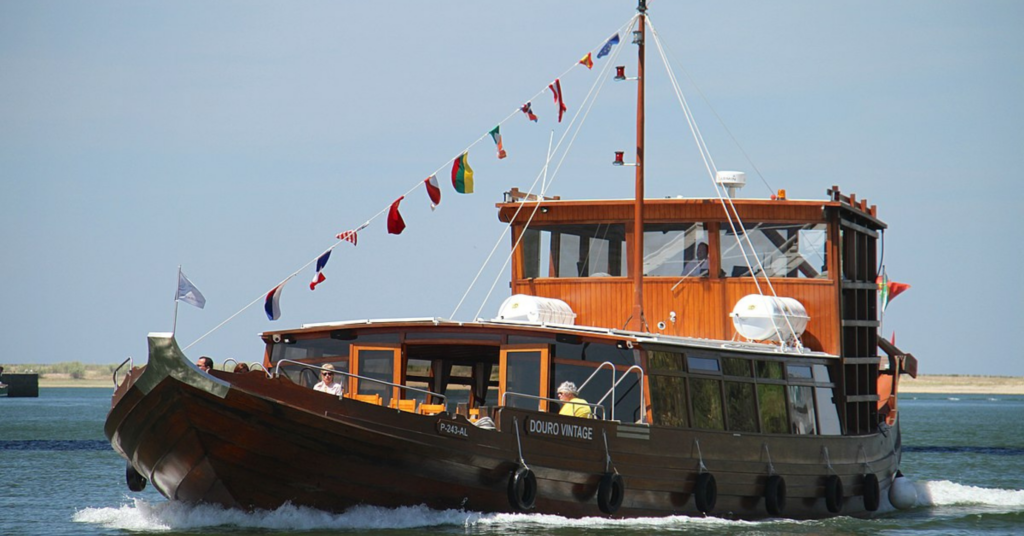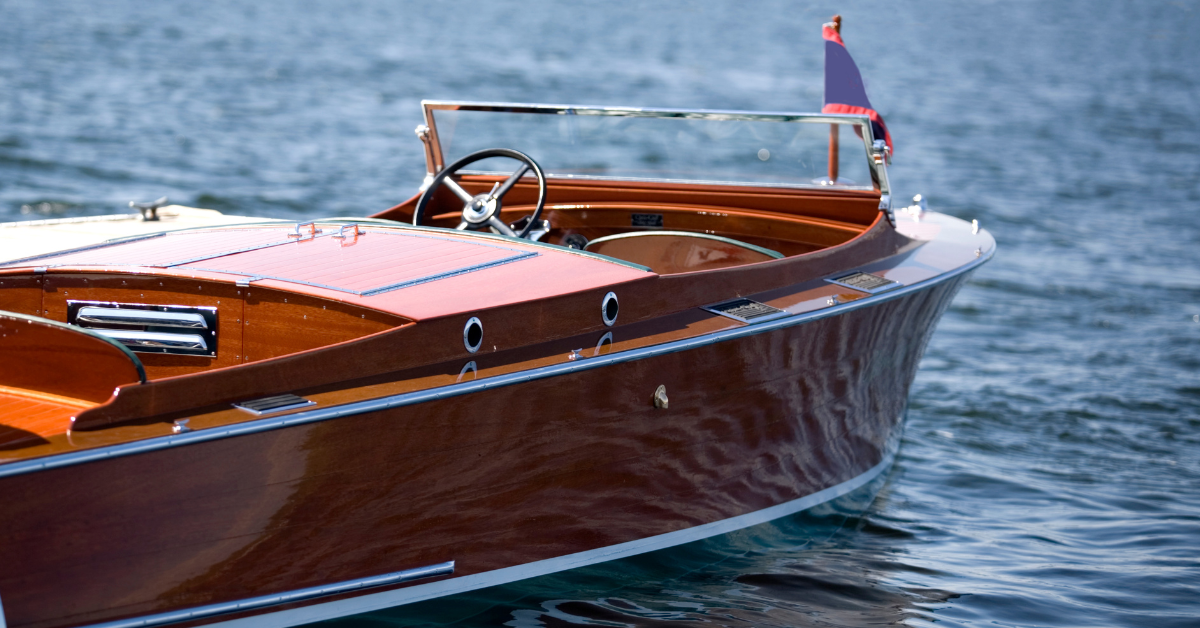Owning a classic or vintage boat is more than just having a means of water transport – it’s a slice of nautical history, a legacy, or even a labor of love. But with this distinctive privilege comes unique challenges, especially when it comes to insuring these extraordinary vessels. Here, we delve into special considerations for protecting your classic and vintage boats.
Differentiating Classic from Regular Boat Insurance
What makes classic boat insurance different from standard boat insurance? Here are some distinctions:
- Age: Classic insurance covers older, often historic boats, whereas typical insurance covers a broader range of vessels.
- Valuation: Classic boat insurance evaluates the boat based on its agreed or appraised value, ensuring protection for its unique worth. Regular insurance uses actual cash value.
- Usage Restrictions: Classic boat insurance may restrict usage, while regular insurance is more flexible.
- Eligibility: Classic boat insurance has stricter eligibility criteria, including the boat’s condition and historic significance. Regular insurance has fewer restrictions
- Premium Costs: Classic boat insurance premiums could be higher due to the boat’s unique value.
While understanding the differences between classic and regular boat insurance is crucial, it’s also essential to be informed about on-water and off-water risks covered by different policies.
Risks Associated with Classic and Vintage Boats
As a classic or vintage boat owner, what are some unique risks you might face?
- Value Appreciation: Vintage boats can increase in value over time, affecting insurance requirements.
- Replacement Parts: Procuring parts for older boats can be costly and challenging.
- Expert Restoration: Restoration can be pricey and should be covered by insurance.
- Limited Availability: Replacing a vintage boat may be difficult due to limited availability.
- Nautical Expertise: Owners may need specialized knowledge to operate and maintain classic boats.
In addition to these risks, how you maintain your boat can also impact your insurance. Read our guide on the impact of maintenance on your insurance to ensure your vessel remains well-protected.
Selecting an Insurance Cover for your Vintage Boat

What factors should you consider when selecting insurance for your classic boat?
- Agreed Value vs. Actual Cash Value: Decide between a less expensive “agreed value” policy, and an “actual cash value” policy, where you pay for and receive coverage for the actual value of the vessel.
- Specialized Coverage: Look for policies designed for classic and vintage boats.
- Valuation: Ensure the policy accurately reflects the value of your vintage boat.
- Coverage Limits: Understand the policy’s coverage limits for various components, such as the hull and onboard personal property.
- Restoration Coverage: Check if the policy covers restoration work.
- Navigational Limits: Be aware of any navigational restrictions.
Choosing the right policy for your classic boat can be overwhelming. For more insights and detailed guidance, check out our guide on how to choose the right boat insurance policy for boaters and marine businesses.
Are Specialized Insurance Companies Necessary?
While coverage for your classic or vintage boat range from general to specialized insurance companies, it’s often advisable to opt for a specialized insurer due to their expertise, agreed value policies, understanding of navigational restrictions, and claims handling. Your HUB Marine specialist can help find the right policy for you!
Determining Costs and Premiums of Classic and Vintage Boat Insurance
Many factors determine the cost of insuring a classic or vintage boat, including: the boat’s agreed value, age and make, usage, navigational area, safety features, storage and preservation, owner’s experience, coverage options, deductible amount, and claims history. As you explore the costs and premiums, it’s also beneficial to compare different insurance companies. Learn more about what to look for in an insurance company to make an informed decision.
Additional Insurance Considerations for Exhibition or Competition Boats

If you’re using your classic or vintage boat in competitions or exhibitions, consider the following:
- Event Coverage: Ensure your policy covers these specific activities.
- Liability Coverage: Check your liability coverage.
- Navigational Limits: Check for any navigational restrictions associated with your policy.
- Safety Requirements: Ensure your boat complies with event safety requirements.
If you’re considering using your vintage boat in colder seasons, also be sure to familiarize yourself with safety tips for winter boating to ensure you’re well-prepared for any challenges.
Insuring a classic or vintage boat can be a complex process due to their unique nature. Therefore, it’s crucial to work with insurers that specialize in classic boat insurance in Canada and understand the specific needs of these vessels. Whether appreciating the classic boat value or dealing with classic boat values, understanding your insurance policy is key to protecting your investment.
As you can see, insuring a classic or vintage boat requires careful consideration and an understanding of the unique risks and challenges involved. Whether you own a vintage sailboat, a classic yacht, or any other kind of marine vessel, having the right insurance in place is paramount. If you’re in British Columbia and are looking to ensure your prized possession gets the best coverage, discover more about our boat insurance offerings. Our tailored policies ensure that your maritime heritage remains protected and cherished for generations to come.

